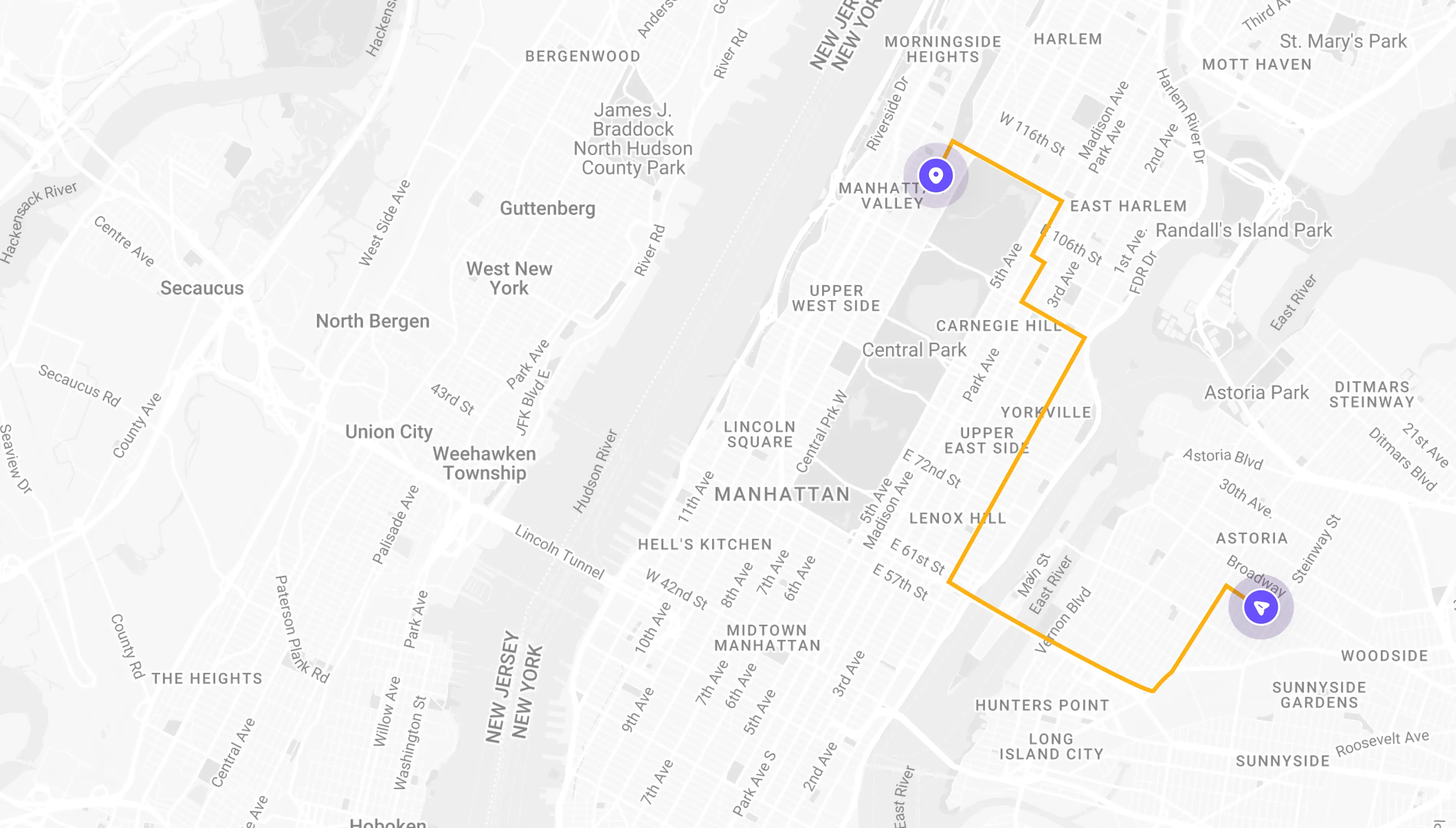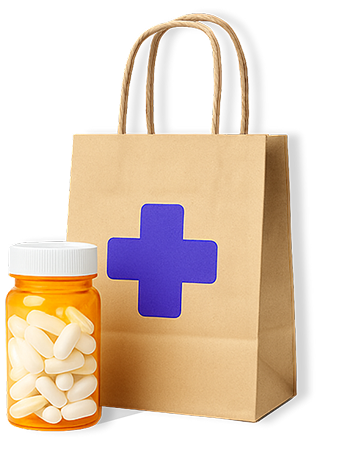Acne Treatment Online
Get expert advice and treatment from DrHouse online doctors.


Available in 50 states. Insurance accepted.
Fast
virtual visits
24/7 care
assistants
Prescriptions
as needed

24/7 Personal Care
Consult with a physician in 15 minutes, refill an Rx or chat with our care assistants.

Affordable & Convenient
See your cost upfront and get treatment for hundreds of different conditions.

Insurance Accepted
We accept most major insurance plans, making healthcare easy and affordable.
See If Delivery Is Available Near You
Delivery Not Available
Enter your ZIP code to check if prescription delivery is available in your area and how soon your meds could arrive.
How to get started
Choose your doctor, start a virtual visit, and have your prescriptions sent to your preferred pharmacy for pickup — all in just a few easy steps.
Choose a doctor
Choose a physician by availability, specialty, ratings, and more.

Start your video visit
Connect with a doctor in minutes on a secure video call.

Get your prescription
Pick up your meds or have them delivered in as little as an hour.

Available in 50 states. Insurance accepted.
One-Time
Physician Visit
One-time visit with a physician for diagnosis, treatment, Rx, labs, referrals, and doctor’s notes.
Accepted Insurances
See why people turn to DrHouse...
As seen in

Acne Treatment
What is acne?
Acne is a condition of the skin that occurs when the hair follicles become blocked with oil and dead skin cells. The resulting bumps can be small or large and may be firm or pus-filled. Acne can occur on the face, back, chest, and shoulders. Although it is most common in teenagers, acne can affect people of all ages. There are many factors that can contribute to the development of acne, including genetics, hormone levels, diet, and certain medications.
How is acne treated?
There are a variety of acne treatments available, ranging from over-the-counter products to prescription medications. The best course of treatment will vary depending on the severity of the acne and the individual’s skin type. Some common acne treatments include topical creams and gels, oral medications, and photodynamic therapy.
- Topical creams and gels – These products are applied directly to the skin and can help to reduce inflammation and kill bacteria. Common active ingredients include benzoyl peroxide, salicylic acid, and retinoids.
- Oral medications – These drugs are taken by mouth and can help to reduce inflammation and kill bacteria. Common oral medications for acne include antibiotics, isotretinoin, and birth control pills.
- Photodynamic therapy – This is a treatment that uses light to kill bacteria and reduce inflammation. It is often used in combination with other treatments, such as topical creams or oral medications.
In most cases, acne will respond well to treatment within a few weeks or months. However, some people may need to continue treatment for longer periods of time to achieve clear skin. If you are struggling with acne, talk to a doctor about your treatment options. With the right combination of medical and home remedies, you can achieve clear, healthy skin.
Common prescription medication for acne
Topical creams and gels
- Retinoids – These drugs are derived from vitamin A and are used to treat mild to moderate acne. They work by increasing cell turnover and preventing the buildup of dead skin cells. Common side effects include dryness, redness, and irritation. Examples include: Tretinoin, Adapalene, Tazarotene
- Topical antibiotics – These drugs are applied directly to the skin and work by killing bacteria. Common side effects include dryness, redness, and irritation. Examples include: Clindamycin, Erythromycin
Oral medications
- Oral antibiotics – These drugs are taken by mouth and work by killing bacteria. Common side effects include gastrointestinal upset, yeast infections, and decreased appetite. Examples include: Tetracycline, Minocycline, Doxycycline
- Oral contraceptives – These drugs are taken by mouth and work by regulating hormone levels. They can be used to treat acne in women who also suffer from irregular periods, PCOS, or other hormone-related conditions. Common side effects include nausea, weight gain, and decreased libido. Examples include: birth control pills
- Isotretinoin – This drug is taken by mouth and works by reducing the production of oil. It is typically used to treat severe acne that does not respond to other treatments. Common side effects include dryness, redness, and irritation. Examples include: Accutane, Claravis, Amnesteem
When should you see a doctor about your acne?
There are a few cases where you should see a doctor immediately:
- If you have acne that is causing pain or swelling
- If you have acne that is leaving scars
- If you have acne that is making you depressed or anxious
- If over-the-counter treatments are not working
A dermatologist can provide you with the treatment you need to get your acne under control. In addition, a doctor can help to identify any underlying health conditions that may be contributing to your breakouts. If you are experiencing frequent or severe breakouts, make an appointment with your doctor today.
How can DrHouse help treat your acne?
With DrHouse you can make an on-demand visit with an online doctor who can help you treat your acne. Our clinicians can provide you with an online prescription for the best course of treatment for your acne. All you need is a smartphone with an internet connection. You can start a video visit with a doctor anytime, anywhere.
If you’re struggling with acne, don’t hesitate to talk to a doctor about your treatment options today. With the right combination of medical and home remedies, you can achieve clear, healthy skin.
The content on this page has been medically reviewed for accuracy and comprehensiveness by Amy Dougherty, FNP-BC, AGAC
Related services
Explore more of our services tailored to your needs and discover additional ways we can support your healthcare needs.
Frequently asked questions




